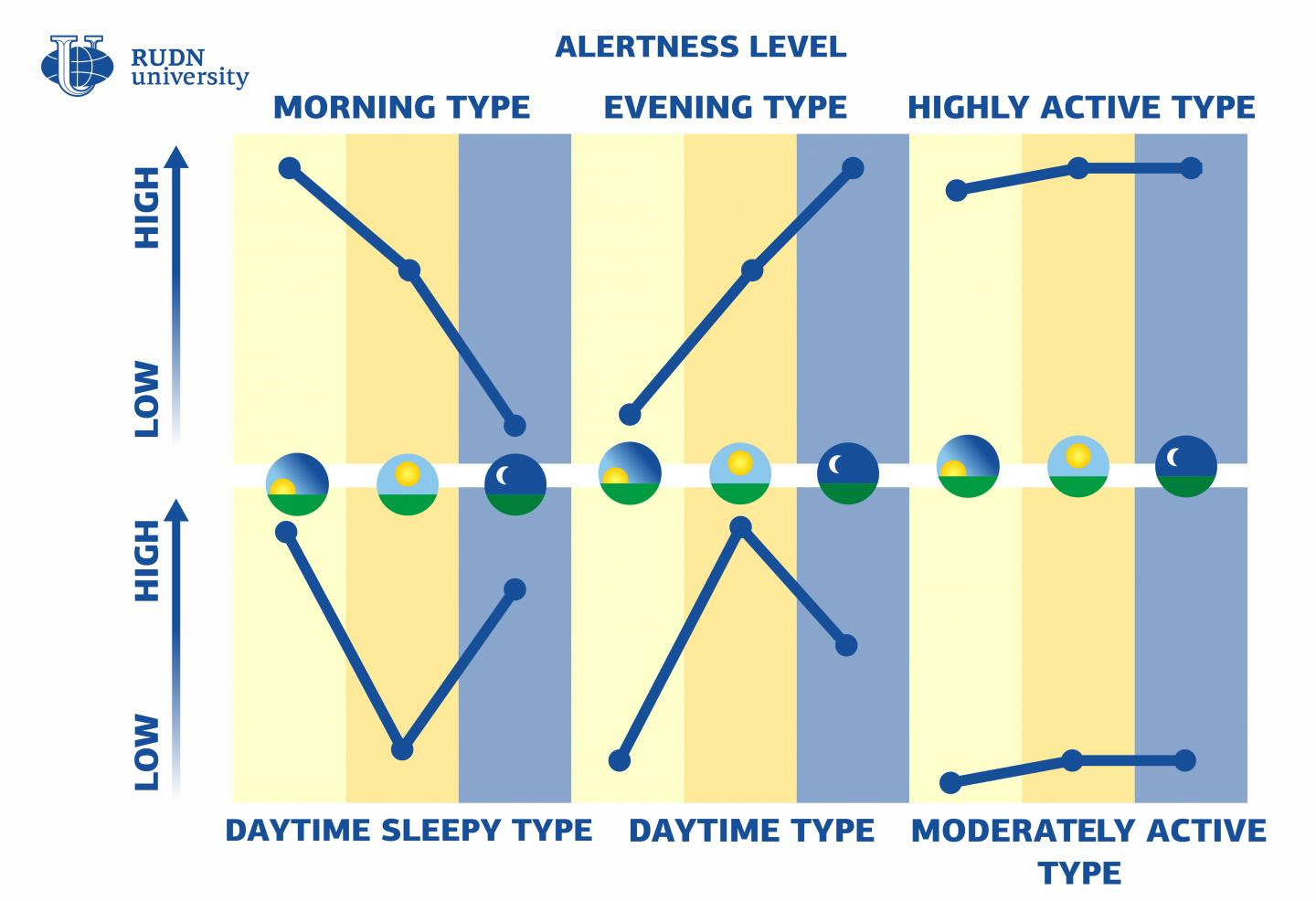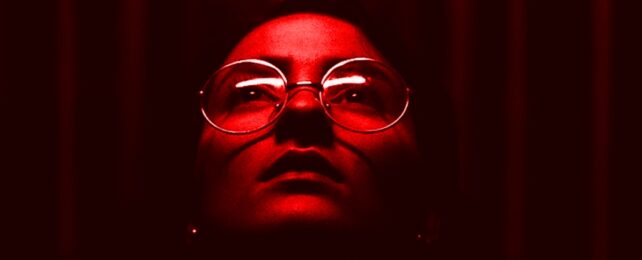People who are late to rise and late to sleep are at higher risk for depression. A new study from University of Surrey scientists has gotten us closer to understanding why – and what we can do about it.
The study determined the chronotype – a term used to categorize the variations that people's natural sleep-wake cycles can take – of 546 undergraduate students in an online questionnaire.
"A late chronotype – also known as 'eveningness' or being a 'night owl' – is a biological tendency to prefer to be active in the evening, and sleep and wake up later," neuroscientist Simon Evans told BBC Science Focus. "Chronotype has a genetic basis, so being a night owl is a natural biological tendency."

Only 38 of the participants were actually deemed 'early birds', exhibiting a morning chronotype. Eveningness accounted for 252 participants, while the remaining 256 were classified as having an intermediate sleep-wake cycle.
Because the average age of participants was around 20 years old, this distribution of chronotypes was no surprise: people at the end of their teen years tend to fall into the evening chronotype, while 'morningness' tends to prevail later in life.
Participants also answered questions on subjective sleep quality, rumination (the tendency to dwell on negative feelings and thoughts), depression, mindfulness, and alcohol use.
Research has already linked the late chronotype with risk of serious depression symptoms, and this study corroborates it further, finding evening types had significantly higher depressive symptoms than their intermediate-type peers.
It may be that depression pushes a late chronotype – making it more difficult to find the motivation to get out of bed in the morning, and harder to relax into sleep at the end of the day amid a flow of negative thoughts. The study did find that evening types reported significantly higher levels of rumination.
Or perhaps the demands of work, study, and social life are depriving these night owls of sleep, forcing them to rise against their nature, demanding an earlier bedtime than the body will co-operate with. This state of perpetual social jetlag and sleep debt may eventually wear down a person's mental health.
However, further statistical analysis suggests there are ways to mitigate the link between depression risk and chronotype.
Mindfulness qualities – in particular, 'acting with awareness' (the ability to be non-judgmental of thoughts and feelings regardless of whether they are positive or negative), and 'describing' (the ability to label emotions and thoughts) – had significant indirect effects on the link between depression and eveningness.
'Acting with awareness' was a significant feature among early risers, who actually scored quite low on the other mindfulness measures. Perhaps this is the secret to the pep in their step.
But this is again linked to sleep quality, as better sleep lowers risk of fatigue, inattention, and mind wandering, allowing people the ability to better focus on the present.
Alcohol consumption was also a significant mediating factor. Night owls had a tendency to drink more alcohol overall, but while booze is a known depression risk factor, in this study the evening types generally drank in moderation, and doing so actually reduced their depression risk score.
The authors speculate that maybe these students were benefitting from the social connections that can come with bonding over a bev, since their intake seemed generally too low to be having a serious negative impact on mental health.
"Our research shows that strategies to foster higher mindfulness – such as guided meditation and mindfulness exercises – would be useful, as well as focusing on having better sleep quality, and trying to lower alcohol use," Evans told the BBC.
"The current results indicate that enhancing the 'acting with awareness' facet of mindfulness should be prioritized in the design of mindfulness interventions, to maximize efficacy," the authors conclude.
This research was published in PLOS One.
